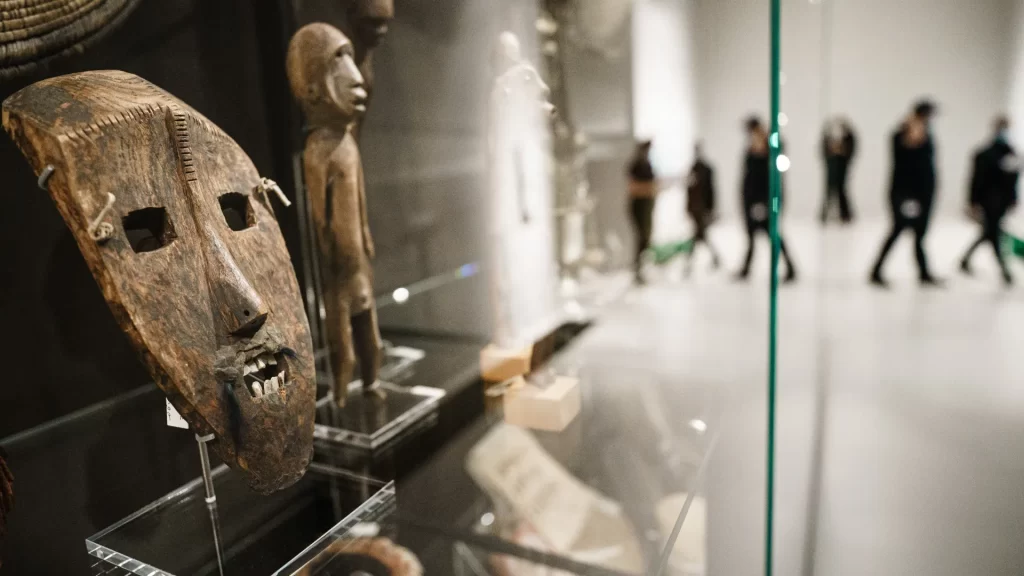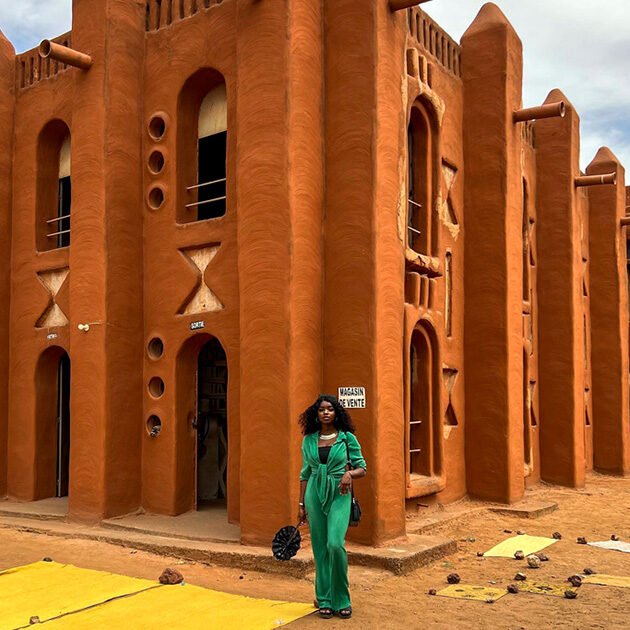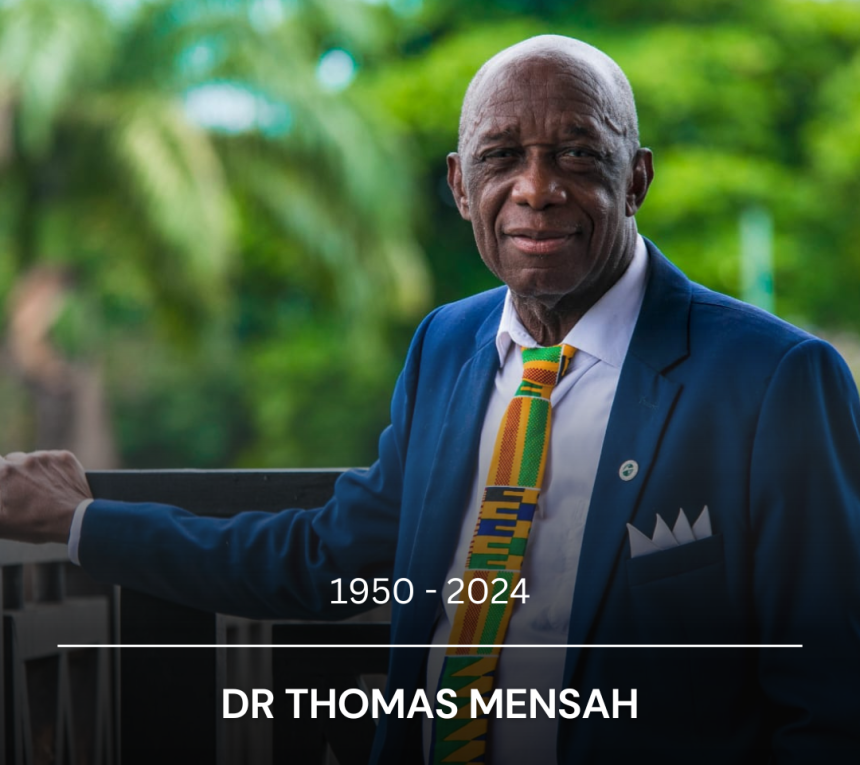In an era where misinformation spreads faster than wildfire, as AfroNouveaus, debunking myths about Africans monumental contributions to human civilization cannot be overemphasized. Far from being a “primitive” continent, Africa has been the cradle of innovation for over 350,000 years, shaping the world as we know it today.

|
JULY 2024
★AFROSPECTIVES

Let’s take a dive into game-changing African innovations that revolutionized human existence:
The Birth of Cooking: Taste the Revolution
Picture this: 170,000 years ago, in a cave somewhere in Africa, our ancestors discovered the transformative power of fire on food. This wasn’t just about making meals tastier; it was a quantum leap for human evolution.
Dr. Zeresenay Alemseged, an Ethiopian paleoanthropologist, explains, “Cooking allowed our ancestors to extract more nutrients from food, leading to brain growth and cognitive development. It’s the foundation of human civilization as we know it.”
Today, whether you’re savoring a gourmet meal in Paris or grabbing a quick bite in Tokyo, you’re benefiting from this ancient African innovation. Next time you fire up the grill, remember: you’re participating in a 170,000-year-old African tradition.
The Art of Communication: From Cave Walls to Smartphones
While Europe was still in its infancy, Africans were already mastering the art of communication. The Blombos Cave in South Africa tells a fascinating story of human creativity and abstract thinking dating back 80,000 years.
Dr. Christopher Henshilwood, who led excavations at Blombos Cave, notes, “The ochre pieces we found with geometric engravings represent the earliest evidence of abstract thought and symbolism in human history.”
Fast forward to 60,000 years ago, and we see the birth of written communication in the form of engraved ostrich eggshells found in the Diepkloof Rock Shelter in South Africa’s Western Cape.
From these ancient beginnings to the mobile revolution sweeping across modern Africa, the continent continues to shape global communication. The next time you send an emoji or share a meme, remember: you’re part of a legacy that began in Africa millennia ago.
Healing Hands: The Roots of Modern Medicine
While Western medicine often takes center stage, African contributions to healthcare are both ancient and ongoing. Consider this: 7,000 years ago, surgeons in Sudan were already performing complex procedures.
The Birth of Astronomy: Stargazing in the Sahara
Long before Galileo pointed his telescope at the night sky, African astronomers were mapping the heavens. Around 7,500 BCE, the people of Nabta Playa in the Eastern Sahara developed sophisticated astronomical knowledge.
Dr. J. McKim Malville, an archaeoastronomer from the University of Colorado, Boulder, explains: “The stone circle at Nabta Playa is the oldest known astronomical device, predating Stonehenge by at least 1,000 years. It was used to mark the summer solstice and the arrival of the summer monsoon season.”
This early understanding of celestial movements laid the groundwork for agriculture, navigation, and our modern understanding of the cosmos.

Amina, an Instagram traveler from Mali, has unveiled a glimpse of the captivating beauty of ancient Malian civilization and showcased how their mud buildings have endured the test of time. These ingenious and protective structures are located in the city of Segou, and they have remained remarkably intact since their historic inception.
Ironworking: Forging the Future
While the Iron Age is often associated with Europe and Asia, it actually began in Africa. Archaeological evidence shows that iron smelting and forging originated in West Africa around 2,300 BCE.
Dr. Augustin Holl, an anthropologist at the University of Michigan, notes: “The discovery of iron working in Africa revolutionized agriculture, hunting, and warfare. It spread rapidly across the continent and beyond, shaping civilizations worldwide.”
This African innovation quite literally forged the tools that built our modern world.
Mathematics: Counting on Africa
The Ishango Bone, discovered in the Democratic Republic of Congo and dating back to 20,000 BCE, is considered one of the earliest mathematical devices. But Africa’s mathematical innovations didn’t stop there.
Dr. Ron Eglash, an ethno-mathematician, highlights the sophisticated mathematical principles in African cultural designs: “From fractal patterns in African architecture to binary systems in divination, Africa has a rich mathematical heritage that predates and influenced modern mathematical concepts.”
These mathematical principles continue to influence fields ranging from computer science to urban planning.
Fiber Optics: Illuminating the Future
In more recent history, Ghanaian-American engineer Dr. Thomas Mensah has revolutionized modern communications. His pioneering work in fiber optics in the 1980s paved the way for high-speed internet and global connectivity.

Thomas Owusu Mensah was a Ghanaian-American chemical engineer and inventor who contributed to the development of fiber optic manufacturing and nanotechnology. He had 14 patents, and was inducted into the US National Academy of Inventors in 2015
Dr. Mensah explains: “Fiber optics has transformed how we communicate, from phone calls to streaming videos. It’s the backbone of our digital world.”
From ancient star maps to the information superhighway, African innovations continue to light the way forward.
These additional examples further underscore Africa’s pivotal role in human progress. They remind us that innovation knows no borders and that the continent’s contributions extend far beyond what’s commonly acknowledged. As we move forward, it’s crucial to recognize and celebrate these African innovations that have shaped, and continue to shape, our world in profound ways.









